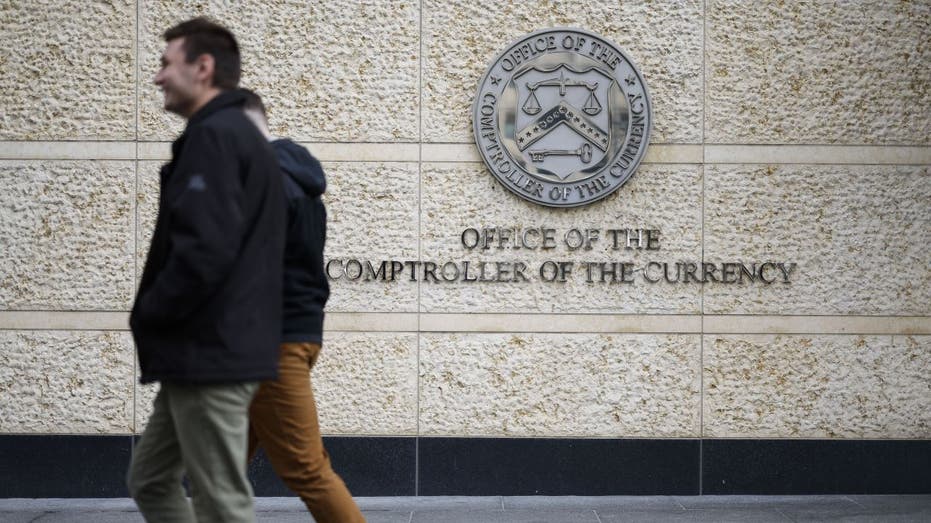C3 AI CEO Tom Siebel provides insight on the unimaginably powerful technology on The Claman Countdown.
A leading federal banking regulator is warning banks about the potential risks of implementing artificial intelligence (AI) tools into their systems.
The Office of the Comptroller of the Currency (OCC) is an independent bureau of the Treasury Department that charters, regulates and supervises national banks, federal savings associations and federal branches and agencies of foreign banks. The OCC’s National Risk Committee published its semi-annual risk report, which flagged AI as an emerging risk for financial institutions to be aware of as they look to incorporate AI tools within internal and customer-facing use cases.
“Advances in computing capacity, combined with greater availability of data and improvements in analytical techniques, continue to extend opportunities for banks to leverage AI for various risk management and operational purposes. AI use cases have varied widely and include customer chatbots, fraud detection, and credit scoring,” the agency wrote.
“Many risks can arise from all types of AI, such as lack of explainability, reliance on large volumes of data, potential bias, privacy concerns, third-party risk, cybersecurity risks, and consumer protection concerns,” the OCC explained. “The use of generative AI may pose additional risks including providing inaccurate responses that appear credible.”
META, IBM LAUNCH INTERNATIONAL ‘AI ALLIANCE’ WITH 50 ORGANIZATIONS TO ADVANCE OPEN-SOURCE AI

The Comptroller of the Currency, one of the leading federal banking regulators, warned banks about potential risks stemming from AI’s deployment. (Photographer: Ting Shen/Bloomberg via Getty Images / Getty Images)
The OCC’s warning comes as federal agencies look to evolve regulatory frameworks for the use of AI by the private sector and the government. Many of those rules will be formulated in response to President Biden’s executive order on AI that instructed agencies to get the regulatory ball rolling as AI becomes a more noticeable presence in daily life.
The banking regulator noted that the “potential for advance benefits as AI gains more widespread adoption could be significant. Developments in the technology may reduce costs and boost efficiencies; better products, services, and performance; reinforce risk management and controls; and extend access to credit and other banking services.”
While those potential benefits are compelling for banks, the OCC emphasized that “Widespread adoption of AI, however, may also present significant challenges relating to compliance risk, credit risk, reputation risk, and operational risk.”
WHAT IS ARTIFICIAL INTELLIGENCE (AI)?

Artificial intelligence creates opportunities for banks and other financial institutions but comes with risks as AI becomes more widely adopted. (iStock / iStock)
Given that AI rules for financial firms are under development, the OCC informed banks that based on its existing supervisory guidance, it is important for banks to “manage AI use in a safe, sound, and fair manner, commensurate with the materiality and complexity of the particular risk of the activity or business process(es) supported by AI usage.”
It added that banks need to “recognize, measure, monitor, and control risks arising from AI” in the same manner that they do with the use of other technology – and that “existing safety and soundness standards and compliance requirements” are not inapplicable just because supervisory guidance on the subject doesn’t specifically address the use of AI.
GET FOX BUSINESS ON THE GO BY CLICKING HERE
The OCC emphasized that the agency is “technology neutral” and is supportive of “continuing efforts by national banks and federal savings associations to examine safe and sound uses of new and emerging financial technology such as AI.” It also said that the agency will be mindful of the “challenges and risks” posed by AI’s use and that it will “continue to monitor this rapidly evolving area, including generative AI use.”



